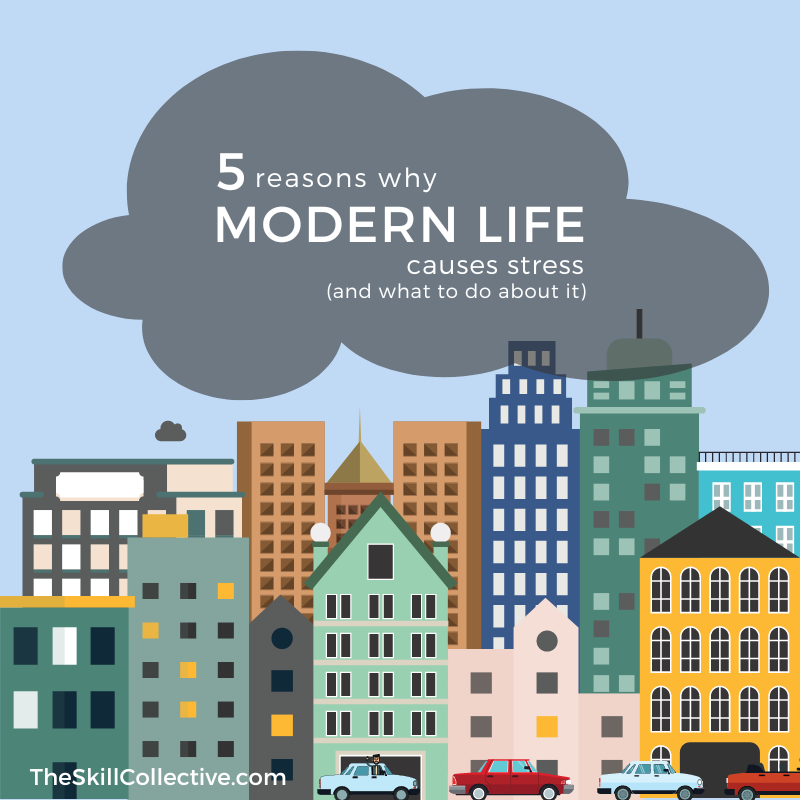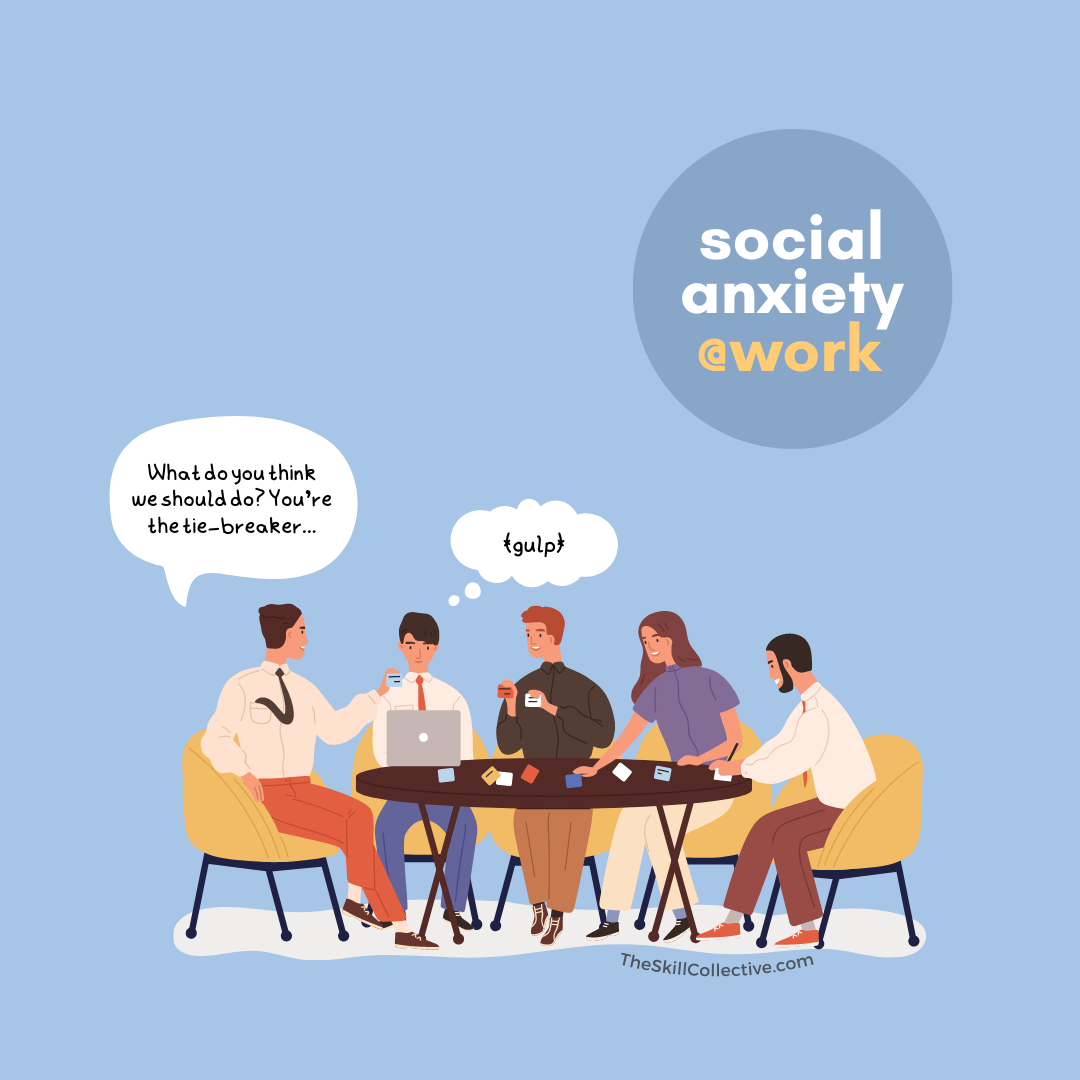In Part 4 of our Develop a Healthy Mindset we’re taking a look at The Anger Mindset.
WHY FOCUS ON ANGER?
Anger isn’t just the typical picture of someone so worked up that they’re red in the face, yelling at the top of their voice. It’s an emotion that’s far broader than that.
It comes in mild forms, such as annoyance or irritability when someone doesn’t clean out the office dishwasher but instead puts the dirty cup in with the clean ones.
It comes in moderate forms, such as frustration when you feel unable to reach a goal that you’ve been working on.
And it comes in extremes, which is manifest in acts like road rage.
We can also experience it across a range of situations – at work, at school, at university, in our relationships, in our friendships, with our children, with strangers, while driving, while waiting in a queue… sometimes even when we're alone with our thoughts as we mull over things that irk us.
Given the wide-ranging impact that anger has, let’s look closer at The Anger Mindset and what we can do to change it. As with the rest of our Develop a Healthy Mindset series (see Parts 1, 2, and 3 if you’ve missed them), we’ve put together a FREE Action Plan worksheet for you.
THE ANGER MINDSET
Let’s look at three major culprits when it comes to anger:
Our expectations of what is just and fair has been violated
Our goals/intentions are blocked
Having Shoulds and Musts as a negative thinking style
FAIRNESS + JUSTICE Sometimes we cling to our ideas of what is fair and just - so much that we find it hard to digest instances when these have been violated. Think of your own self-talk in situations of frustration and anger. Do any of the following look familiar?
How dare he…?!
Who does she think she is?!
Don’t they know what the rules are?!
What gives them the right to…?!
What’s makes them so special…
It’s not my fault that…
GETTING BLOCKED Another trigger for anger can be getting blocked in what we want to do, and this is often coupled with time pressure. Think of your own circumstances:
Is it the case that your road rage rears its ugly head only when you’re in a hurry to get somewhere?
Or you find yourself more irritable when interrupted as you’re rapidly approaching a deadline?
Or, perhaps, you’re stuck in the grocery store behind a long line of shoppers when all you did was pop to get nappies that you urgently need?
SHOULDS + MUSTS We previously covered Shoulds and Musts in Part 2 of our Develop a Healthy Mindset series, with these two little words turning our preferences of how we’d like the world to be into rigid standards that must be adhered to.
Thus we may find ourselves having thoughts such as:
Why should I have to do that?!
That’s not how it should be in life.
The wedding must go perfectly otherwise it’s the wedding planner’s fault.
He should know better than to do that!
Well, if they can't be bothered to read the manager's email why should I have to be the one to tell them when the new deadline for the project is?
THE COST OF ANGER
Anger persists because there are some positives associated with it – it can motivates us to take action, and it can get us what we want when others back down in a confrontation.
However, anger also comes with several costs and we can think about these along the physical, behavioural, and emotional lines.
PHYSICAL Anger has been linked with cardiovascular disease, with a higher risk of heart attacks, strokes, and irregular heartbeats in the two hours following anger outbursts[1].
BEHAVIOURAL Feeling angry can lead to making riskier choices when driving [2] and giving up sooner when attempting a difficult task[3].
Consider, also, the impact of anger on your relationships. How does it affect your relationship with your partner? With your kids? With your colleagues? What impact does your anger have on the mood at home or in the office? While anger may get you what you want in the short term it can also lead to retaliatory behaviours by others in subtler ways such as withholding resources, creating obstacles for you[4].
EMOTIONAL What is the cost of feeling angry? What does it take away your attention from? What does it stop you from doing? What does it stop you from feeling?
Let’s say you’ve cleared some time in your busy schedule to take your kids down to the playground for some quality time, but there's a kid there who's just a bit too rough with the other kids. You then start to focus on the following stream of thoughts:
That kid really should behave, he's too rough with everyone.
The other kids shouldn't have to put up with him pushing in!
Where are this kid's parents? Why aren't they keeping an eye on him when the rest of us keep an eye on our kids?
He's ruining our play time.
The bottom line? By focusing on this kid and his behaviour, your frustration and anger start to build up. This takes away from being present and focused on your own kids.
Alternatively, say you’ve been cut off by a driver who has been carelessly weaving in and out of traffic. Thoughts that you may experience include:
Get in line like the rest of us buddy! What makes you so special?
Show some decency and follow the rules. You're no better than the rest of us!
What an idiot, putting the rest of us at risk by driving like that.
How long will those emotions stay with you? Will it affect your mood for the next hour or the rest of the day, make you more prone to snap at others, and potentially snowball into greater anger? How affected do you think the other driver is? Who is the one who actually ends up suffering by holding on to the anger?
“HOLDING ON TO ANGER IS LIKE DRINKING POISON AND EXPECTING THE OTHER PERSON TO DIE.”
WHAT TO DO ABOUT IT
Given the wide-ranging consequences of anger, let’s look at some simple steps to help dial it down a bit.
BRING DOWN THE BASELINE Are you more likely to get angry when you’re already stressed? If so, consider what you can do to decrease your baseline stress levels. Think of it as giving yourself an emotional buffer.
So, if you realise a pattern of experiencing road rage when you’re already running late for a meeting then consider leaving a bit earlier – you may find yourself less reactive to, say, being cut off in traffic.
Or, if you’ve noticed that you tend to get snappy at others the closer you get to a deadline, plan a ‘buffer’ so that you aren’t working under significant stress.
CHECK YOUR THOUGHTS + EXPECTATIONS Our self-talk is a powerful thing. It has the capacity to ramp up our anger, or to help us cope while experiencing far less frustration[5]. Again let’s look at the situation of getting cut off while driving in peak hour traffic. We can engage in anger-inducing thoughts or anger-diffusing thoughts:
ANGER-INDUCING: Look at that, what the @#$& does he think he’s doing? Like he’s so much more important than the rest of us on the road. Get in line like the rest of us!
ANGER-DIFFUSING: Ugh. Another person who has cut in. That really gets me annoyed, but getting angrier won’t get me there any faster. Let me find my favourite song and blast it; I may as well make the most of being stuck here in traffic.
Same situation. Different thoughts. Different resulting emotions. What happens when we reach the office feeling angry, versus calm? Already, it’s easy to see the potential for a foul mood on the drive in to snowball into a foul day.
CALM THINGS DOWN Let’s calm things down by engaging in the simplest of relaxation techniques – breathing. Because it’s highly portable, and not very visible when you’re engaging in it, it’s perfect for use in situations where anger may arise.
Other ways in which you can help yourself calm down include dipping into your happy memory bank to retrieve a positive memory to offset your anger. It’s hard to stay mad on the road when you’re thinking back to your favourite holiday destination.
Counting to ten before you react is a strategy that some people use, however consider if you are truly calming things down (for example, by engaging in relaxation at the same time), or if the counting is accompanied by anger-inducing thoughts such as "Just wait until I get to ten, I'll let them have a piece of my mind!".
PRACTISE DOING THINGS DIFFERENTLY For those among us who express our anger freely with negative consequences, let’s practise doing things differently.
Think about how you respond when you’re angry, considering what you say, how you say it, and your body language. Record yourself having such an angry outburst and you get the picture of how you look and sound.
Practise alternatives to responding in an angry fashion. This may mean changing your stance (sit back rather than lean forward), keep your voice down, leave the sarcastic tone behind, and check your facial expressions.
To help you get started on these four strategies we’ve put together a FREE Action Plan!
Thanks for reading. We hope that you enjoyed it as much as we did writing it.
Did you like this article? If so, please let us know by clicking on that little heart icon at the bottom of this post.
Know someone who may find this of interest? If so, please share with your connections/ social media network.
Want more? You can:
Sign up for our FREE monthly newsletter and get exclusive tips that you won't find here on the blog
Find us on Facebook, LinkedIn, or Pinterest, or
Contact us to make an individual appointment
[1] Mostofsky, E., Penner, E.A., & Mittleman, M.A. (2014). Outbursts of anger as a trigger of acute cardiovascular events: A systematic review and meta-analysis. European Heart Journal. Doi:10.1093/eurheartj/ehu033.
[2] Sullman, M.J.M., & Stephens, A.N. (2013). A comparison of the Driver Anger Scale and the Propensity for Angry Driving Scale. Accident Analysis and Prevention, 58, 88-96.
[3] Szasz, P.L., Szentagotai, A., & Hofmann, S.G. (2011). The effect of emotion regulation strategies on anger. Behaviour Research and Therapy, 49, 114-119.
[4] Wang, L., Northcraft, G.B., & van Kleef, G.A. (2012). Beyond negotiated outcomes: The hidden costs of anger expression in dyadic negotiation. Organizational Behavior and Human Decision Processes, 119, 54-63.
[5] Beck, R., & Fernandez, E. (1988). Cognitive-behavioral therapy in the treatment of anger: A meta-analysis. Cognitive Therapy and Research, 22, 63-74.













Keep track of your anxiety by monitoring your mood and sticking with healthy habits. Here we outline how the humble planner can help you to achieve your goals when it comes to anxiety.